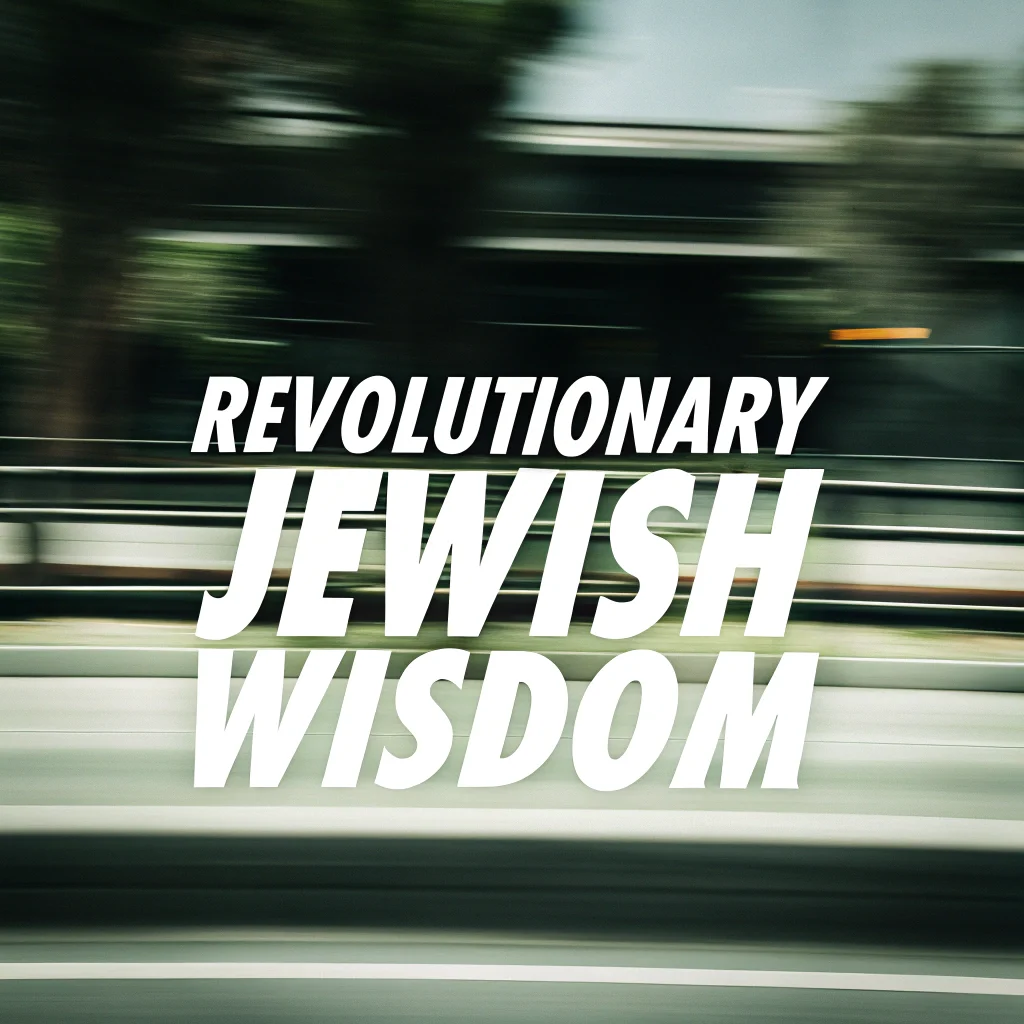Discovering the secrets of the “Beinoni” can transform how we view human spiritual potential. When we think about people, we often divide them into two categories: good and bad. But what if there’s a third way? Let’s explore wisdom that will help us better understand ourselves and find balance between ideal and reality.
Who is a “Beinoni” or the Middle Person?
Imagine a city where a constant power struggle is taking place. This city is your body, and the competing sides are two parts of your soul: the Divine (spiritual) and the animal (material).
The “Beinoni” (middle person) is someone in whom the animal soul never gains complete control over the body. All their actions, words, and even conscious thoughts always remain pure. It’s as if the Divine soul has placed reliable guards at all the “gates” — the mouth, hands, and mind.
Interestingly, a “Beinoni” never commits sin, yet isn’t considered completely righteous. Why? Because although their actions are flawless, inside them there’s still a battle of desires and aspirations. Understanding these secrets of the “Beinoni” helps us realize that perfection in action is possible even without perfect inner peace.
Moment of Truth: The Divine Soul During Prayer
There are special moments when the Divine soul of the “Beinoni” gains complete superiority — during prayer time. Imagine what happens when someone truly immerses themselves in the “Shema Israel” or “Amidah” prayers:
- The mind completely focuses on the Creator’s greatness
- A genuine love for the Almighty ignites in the heart
- The animal soul temporarily retreats, like darkness before light
In these moments, the “Beinoni” approaches the level of a righteous person. Their spiritual powers (Chochma-Binah-Daat) connect with the higher light, and love for the Creator burns like coals in the right side of the heart.
Return to Reality: The Struggle After Prayer
However, after prayer comes sobering up. When the “Beinoni” returns to ordinary life:
- The animal soul awakens again
- Desires for worldly pleasures arise in the heart
- Attraction to both permitted and forbidden things returns
This resembles the waves of high and low tide — after a spiritual rise comes a decline. But it’s important to understand: even when the “Beinoni” experiences desire for forbidden things, they never allow these desires to materialize. This is one of the profound secrets of the “Beinoni” path – maintaining external purity despite internal struggle.
The Power of Mind: How the Brain Controls the Heart
The key secret of the “Beinoni” is the power of reason over emotions. “The brain rules over the heart” — this principle is embedded in human nature itself.
Imagine your car has two steering wheels: one controlled by reason, the other by emotions. The “Beinoni” always holds the wheel of reason, even if the wheel of emotions tries to steer the car astray.
“And I saw that wisdom is stronger than folly, as light is stronger than darkness” (Ecclesiastes 2:13)
Just as even a weak light dispels much darkness, so the wisdom of the Divine soul repels the foolishness of animal desires. It’s no coincidence that the sages said: “A person sins only when a spirit of folly enters them.”
Instant Reaction: Tactics for Working with Unwanted Thoughts
What does a “Beinoni” do when unwanted thoughts come to mind? Their reaction is lightning-fast:
- As soon as a bad thought rises to the brain, they instantly recognize its nature
- They “push it away with both hands” — resist with all their might
- Immediately switch attention to something else
- Never voluntarily dwell on this thought
This is similar to a martial arts master who doesn’t fight against an attack but evades it using minimal energy. A bad thought comes — the “Beinoni” moves away from it. Learning these mental techniques is essential for anyone seeking to apply the secrets of the “Beinoni” in daily life.
Relationships with People: Victory of Good Over Offense
Especially impressive is how the “Beinoni” handles negative emotions towards others. When anger, resentment, or envy arises in their heart:
- They don’t allow these feelings to penetrate their mind
- Instead, they do exactly the opposite
- They show special kindness particularly to those who evoke negative feelings
- They endure everything to the utmost limit, not returning evil for evil
In this, the “Beinoni” resembles the biblical Joseph, who responded with goodness to brothers who caused him so much suffering.
Why Not Righteous? Difference in Essence
If the “Beinoni” never sins and controls all their actions, why aren’t they considered righteous? The answer is profound:
In the righteous person (“tzaddik”), evil is internally transformed or expelled. Their inner essence is changed to such an extent that they no longer experience evil desires.
For the “Beinoni,” control is exercised only at the level of “soul garments” (thoughts, speech, and actions), but not at the level of essence. Their animal soul is still alive and active, just not given the opportunity to express itself. This distinction reveals one of the most important secrets of the “Beinoni” – the battle is never over, yet always winnable.
Practical Lesson: An Achievable Ideal
The special value of the “Beinoni” concept is that it’s an attainable goal for everyone. Unlike the level of the righteous, which is accessible to only a few, anyone can become a “Beinoni” through constant self-improvement.
Each of us can:
- Control our actions
- Watch our words
- Manage our thoughts
- Not allow negative emotions to take over
This work requires constant effort, but it brings real satisfaction and inner peace.
Daily Practice for Developing “Beinoni” Qualities
- Immersive Prayer: Set aside time for deep, mindful prayer when you truly reflect on the Creator’s greatness.
- Attention Training: Practice mindfulness, noticing the emergence of unwanted thoughts and gently directing attention away from them.
- Reaction Management: When someone irritates you, practice showing special kindness to that very person.
- Brain Power Over Heart: Remember that the brain is naturally stronger than the heart, and you can always use reason to manage emotions.
By applying these practices, you begin to unlock the secrets of the “Beinoni” in your own spiritual journey.
This article is based on the twelfth chapter of the book “Likutei Amarim — Tanya” by Rabbi Shneur Zalman of Liadi, one of the greatest Hasidic thinkers. It reveals the concept of the “Beinoni” (middle person) — a key notion in Hasidic psychology and practical spirituality.
Afterword: This text has not been approved by any sage, Torah scholar, or rabbi and is merely a simplified adaptation of the sacred text for general understanding. For comprehension of true wisdom and a deeper understanding of the original text, you should refer to the sources.



